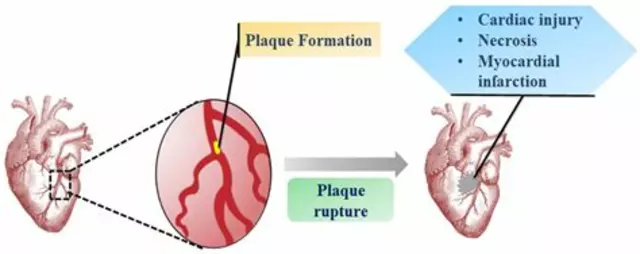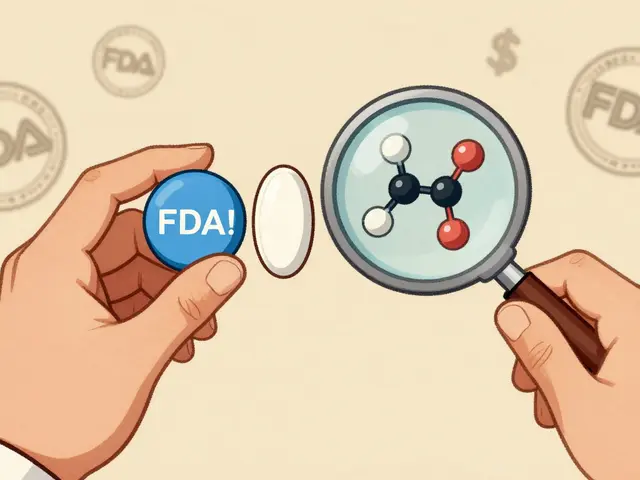Acid Reflux Overview
When dealing with acid reflux, the backward flow of stomach acid into the esophagus that causes burning and discomfort. Also known as gastroesophageal reflux, it often signals an underlying condition such as GERD, a chronic form of acid reflux that can damage the esophageal lining or a hiatal hernia, a diaphragm weakness that lets acid escape more easily. Managing it usually requires a mix of lifestyle tweaks and medication like proton pump inhibitors, drugs that lower stomach acid production or simple antacids.
Why does acid reflux happen so often? The main driver is a relaxed lower esophageal sphincter, which lets acidic stomach contents slide up. This can be triggered by large meals, certain foods, caffeine, or even tight clothing that presses on the abdomen. When the sphincter stays open, the esophageal lining gets irritated, leading to the classic burning sensation known as heartburn. Over time, repeated exposure can cause inflammation, ulcers, or strictures, turning occasional discomfort into a chronic health issue.
Key Factors That Influence Acid Reflux
Three core factors shape the experience of reflux: anatomy, diet, and medication. Anatomically, a hiatal hernia creates a gap that makes it easier for acid to travel upward. Diet-wise, spicy dishes, citrus, chocolate, and fatty foods lower the pressure threshold of the sphincter. On the medication side, drugs like NSAIDs or certain blood pressure pills can weaken the muscle tone, worsening symptoms. Understanding these relationships helps you target the right solution—whether you need a lifestyle change, a prescription, or an over‑the‑counter remedy.
Treatment options form a clear hierarchy. At the base are lifestyle adjustments: eating smaller meals, elevating the head of the bed, and avoiding trigger foods. If symptoms persist, antacids provide quick neutralization, while H2 blockers reduce acid output for a few hours. For more stubborn cases, proton pump inhibitors (PPIs) offer the strongest acid suppression by blocking the enzyme that produces stomach acid. Each option has its own attribute set—speed of relief, duration of effect, and side‑effect profile—so matching the right drug to your specific needs is crucial.
Below you’ll find a curated collection of medication guides, comparison charts, and practical tips that dive deeper into each of these topics. Whether you’re looking for a quick fix, a long‑term plan, or detailed drug comparisons, the articles ahead will give you the knowledge you need to tackle acid reflux head‑on.

How to Buy Cheap Generic Nexium Online Safely
Learn how to purchase cheap generic Nexium online safely, compare prices, verify reputable pharmacies, and use discount codes to lower costs.
Read More




